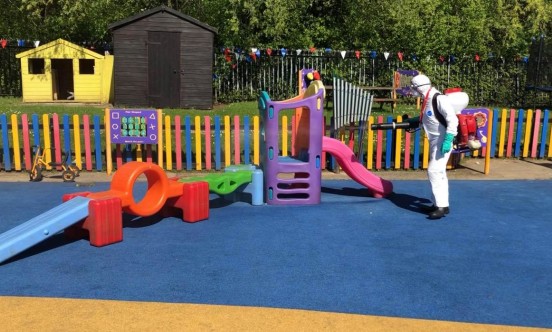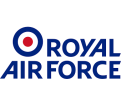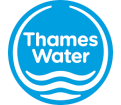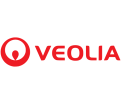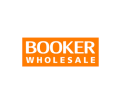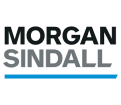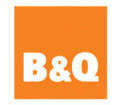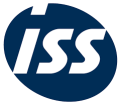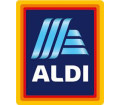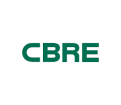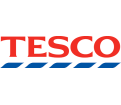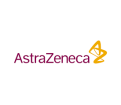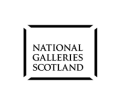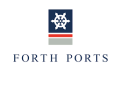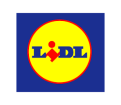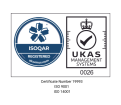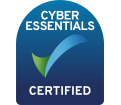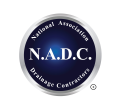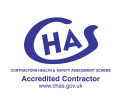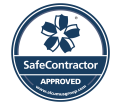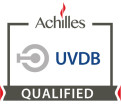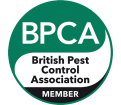
Call 0333 567 2020 for advice and quotes or contact us online
Multi-site disinfection for national port operator
Gallery
Preventing Coronavirus (Covid-19) through multi-site disinfection at ports
The client wanted NBC to protect its essential key workers from the potential spread of Coronavirus (COVID-19). Our client is a national port operator and imports and exports items such as grain cereals and other essential items from every day from abroad. As a key industry in the supply chain, they are responsible for the movement of goods essential for the country. Because of the various types of product that the company handles, it was vital that the product we use would be effective against the virus but safe for humans handling and safe prior to further processing.
Project overview
NBC travelled to four different client sites. This involved communicating with many different people with different operational agendas. It required coordinating timings with various sites in advance but also required flexibility on site, co-operating with the site teams to agree the safe access for spraying and them re-using those areas again within an hour. We had to co-operate well with the teams as the client operated 24hours a day, 7 days a week.
Each site is made up of different areas from individual portacabins, to internal offices, security gates to staff welfare areas. NBC worked with the client to ensure all areas had appropriate treatments.
Our solution
Using a combination of methods such as a handheld sprayer – we walked around and firstly wiped down all major had touch surfaces such as light switches and door handles. For internal rooms such as offices and kitchens – we also used a combination of an Ultra-Low Volume mister, which blows a fine mist of hospital-grade disinfectant into the air. This then disperses and lands on all uncovered surfaces such as desks, phones, keyboards, kettles, taps and sinks without leaving any sticky residue and is safe for humans to use after one hour. For efficiency and mobility moving across several areas, we deploy a backpack spray mister with a petrol-engine, similar to a leaf blower. We use this to walk around to each building and blew disinfectant directly into rooms, cupboards and onto the equipment, we even sprayed individuals tool boxes and storage cupboards and remote stations, as we are able to walk freely around and spray.
With all treatment areas, a certificate was given to the site to display and advise what treatment was carried out, with the date and sign-off by the infection control operative to confirm. Most members may not have seen the staff completing the treatments at the time of visit, however the certificates provide an additional visual reminder that work is being carried out in their absence, to ensure their well-being.
Since the treatments the client reports inspired confidence and a calmer working environment.
